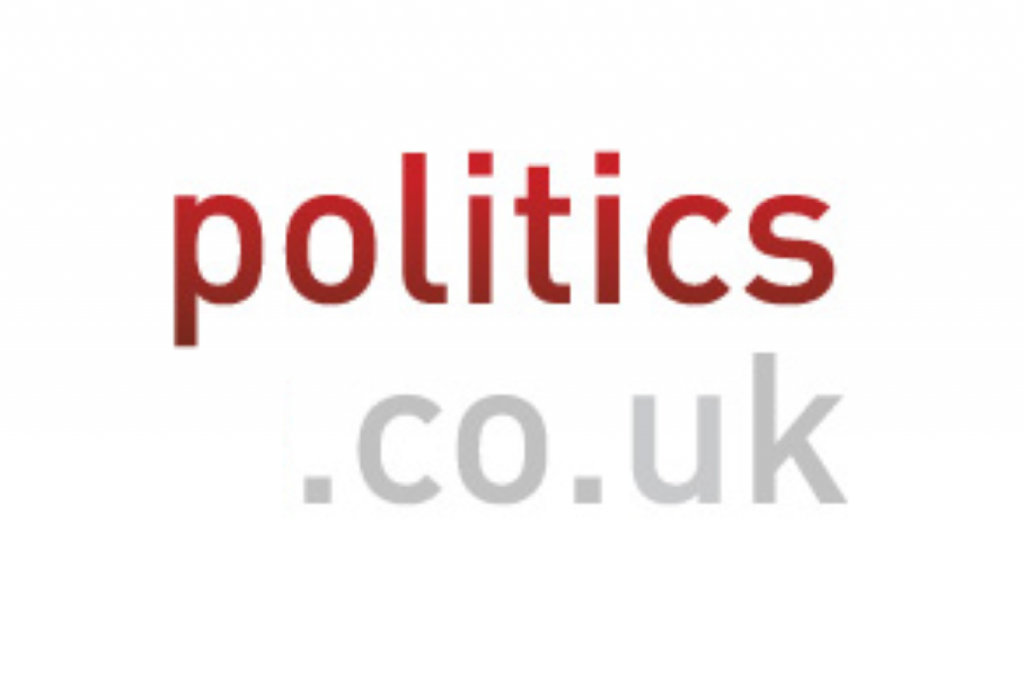The Tory manifesto laid bare
The Conservative manifesto’s cover sums up the party’s central message for their 2010 general election campaign: giving power to the people.
Its title – An Invitation To Join The Government Of Britain – seeks to reach out to people to give them back control over more of their lives, reducing government in a bid to unleash individual energies.
The headline policies are all geared towards this ultimate purpose. Voters are invited to ‘be your own boss’, by giving public sector workers ownership of the services they deliver. A new programme, Work for Yourself, will provide those who are out of work with business mentors and loans. A “schools revolution” is promised allowing “any good education provider” to set up a new academy school, with the initial emphasis on deprived areas of the country.
At the local government level the focus is, again, on giving people more power. Directly elected police commissioners will help make police focus on community priorities, “rather than just ticking boxes”. Residents will be able to trigger local votes on any issue if five per cent of the local population sign up – and they will be able to veto council tax increases. Furthermore, a new community ‘right to buy’ scheme will help local people purchase any assets threatened with closure.


In addition to the generalised people-empowerment agenda there are some clear carrots to attract voters. On housing, first-time-buyers are courted with a promise to raise the stamp duty threshold to £250,000 “permanently”. In health, GPs’ surgeries would be forced to remain open in the evening and at weekends. A ‘fuel duty stabiliser’ would help mitigate the impact of current high oil prices, by taxing the energy firms involved.
One measure might not be hugely popular among those who are actually affected: the national citizen service proposal could win more votes among those older than the 16-year-olds who will be enjoying a new “culture of ambition and responsibility”.
Addressing disquiet about British politics, there is a promise to give local electors the power of ‘recall’ over their MP. A Parliamentary Privilege Act would prevent MPs hiding behind parliamentary privilege, as three Labour MPs currently are as they defend their expenses claims in court. To improve accountability more widely, the Tories say they will do more to “create a powerful new right to government data”. Job titles and salaries will be made open at all levels of government.
“You can have a miserable government having to cut back its big government, or you can have the modern Conservative party saying we understand modern government’s role, but we back a big society,” Cameron said. “We can help make the country better without making more money.” In a time of spending cuts, the Tories are offering something for nothing. Today’s policies outline exactly how they propose to achieve this.

